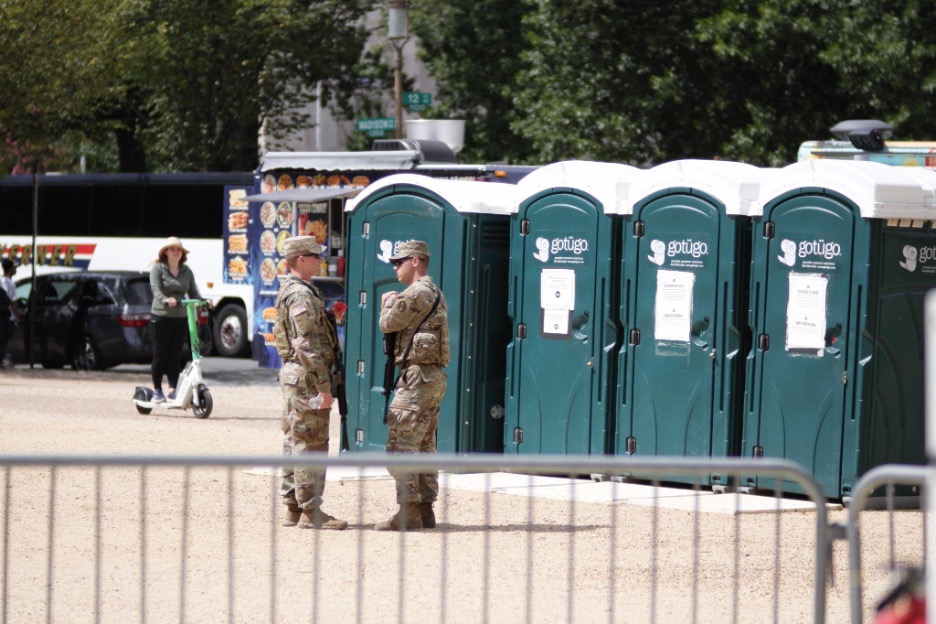What Does the Manafort-Gates Indictment Mean for FARA Enforcement?
Last week on Lawfare's Foreign Policy feed, I explained how the indictment of Paul Manafort for failing to register as a foreign agent may signal that the Department of Justice may be ramping up enforcement of the Foreign Agents Registration Act. The piece begins:
Published by The Lawfare Institute
in Cooperation With

Last week on Lawfare's Foreign Policy feed, I explained how the indictment of Paul Manafort for failing to register as a foreign agent may signal that the Department of Justice may be ramping up enforcement of the Foreign Agents Registration Act. The piece begins:
Special counsel Robert Mueller’s indictment of Paul Manafort and Rick Gates isn’t just making the White House anxious, it’s also drawing some scorn a few blocks away from 1600 Pennsylvania Ave. on the famed K Street lobbying corridor.
That’s because two of the included charges are for violations of the Foreign Agents Registration Act (FARA), a provision of federal law that requires lobbyists to disclose ties to foreign clients. FARA has become a bit of a headache for individuals in President Donald Trump’s orbit, several of whom have seemed to struggle with complying with the law.
FARA has been popping up all over the investigation into Russian interference and possible collusion in the 2016 election. Even before the Manafort-Gates indictment, FARA registration questions surrounding Russian propaganda outlets RT and Sputnik made headlines, as did the news that former Trump national security advisor Michael Flynn was forced to belatedly disclose lobbying activity he had conducted on behalf of entities tied to the Turkish government. (See, for example, Steve Vladeck’s primer on the law from back in April).




-(1).png?sfvrsn=dd820f87_5)
